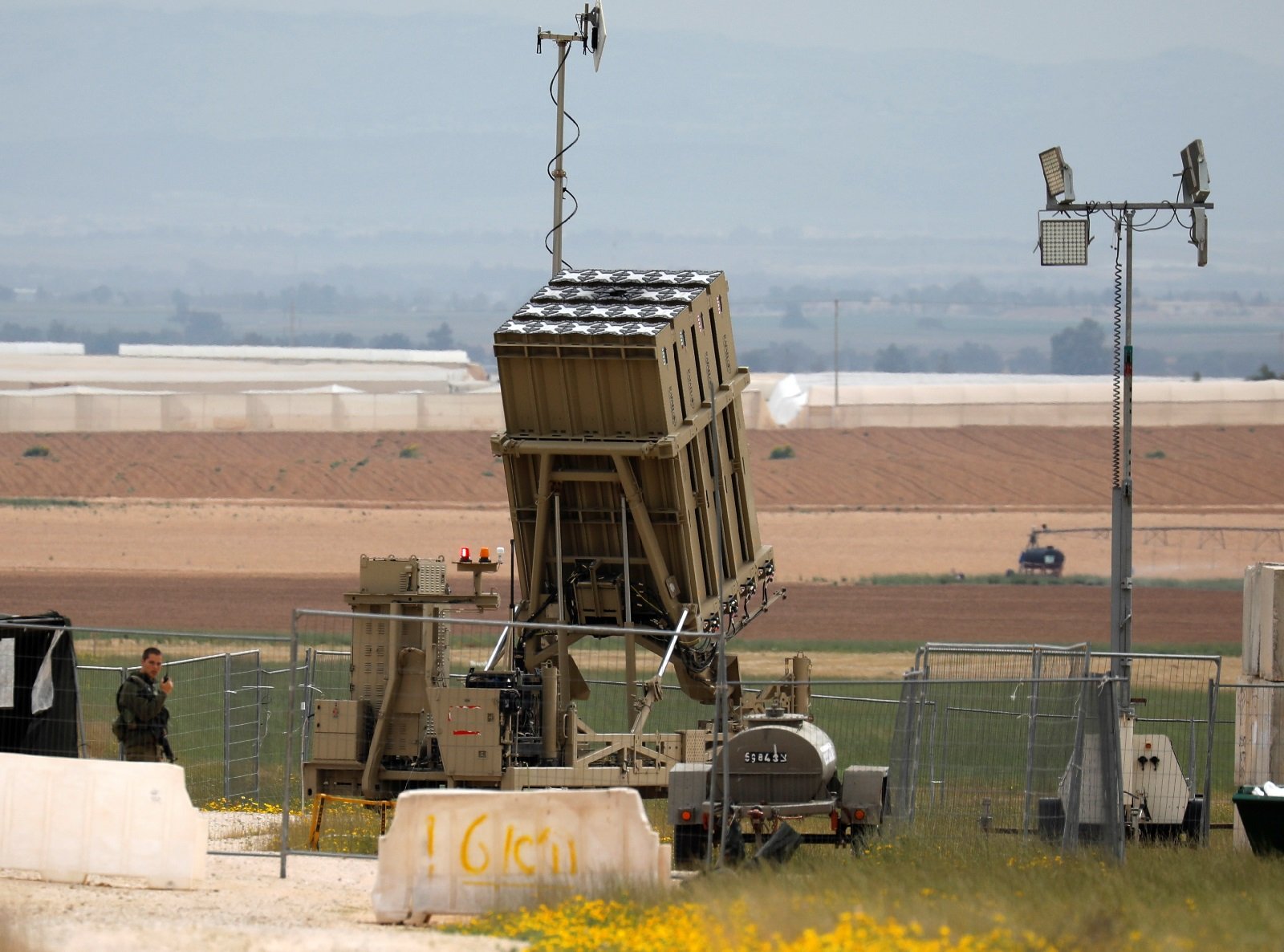In recent months, the Israeli stances on Ukraine war have been a source of tensions between Tel Aviv and Moscow, and in recent weeks, the Russians took some punitive measures against the Israelis. The Russian government drafted a resolution at the UN Security Council condemning the Israeli airstrikes on Damascus international airport in June and at the same time boosted the Syrian air defenses to the Israeli occasional air raids. In July, it moved to shut down the Jewish Agency branch in Moscow. And in August, Russian embassy in Egypt condemned Tel Aviv for “total indifference of the Palestinian lives” in military campaigns, and the Kremlin invited Hamas leaders to visit Moscow to expand bilateral ties. Also, in another move, Russian President Vladimir Putin met with Palestinian Authority President Mahmoud Abbas in mid-October to show that Moscow is looking forward to increasing its role in Palestinian developments due to the growing Arab mistrust, especially the Palestinian pro-compromise sides, in the US, and this meant a warning message to the Israelis.
These Russian move have made the Israeli conservative about support measures to Ukraine and resist Kiev’s calls for weapons supplies.
While the Ukrainian foreign minister talked to the caretaker Israeli Prime Minister Yair Lapid and asked him for air defenses and military technology, media reports said that the Israeli Defense Minister Benny Gantz in a phone conversation with his Ukrainian counterpart said Tel Aviv will not provide Kiev with air defense systems due to operational limitations. The response sent Ukraine discontented and complicated the Israeli efforts to lure the Ukrainian Jews into migrating to the occupied Palestinian territories amid war.
Meanwhile, there are some doubts with the Israeli rejection. Of course, it is impossible to fact-check the Israeli decline for weapons supports to Ukraine because the continuation of war facilitates attraction of more Jewish refugees to the occupied territories and on the other hand, some believe that the fear of the Israelis of not sending defense systems is due to the revelation of the weakness of these systems in the war, and as a result, the loss of an important part of the revenues of Israeli arms export to the Arab countries, and consequent reduction of the attractiveness of normalization with the Arab monarchies in terms of defense and security.
Conflict of the Russian presence in West Asia with Israeli interests
Certainly, one of the major Israeli concerns that drives support to Ukraine and compliance with the Western policies in this case is Russian role boost in the West Asian and North African developments in recent years. The Arab uprisings that included Western push to topple governments in countries traditionally friendly to Russia like Syria and Libya, the Russian foreign policy doctrine update that allowed a deeper role in the traditional Russian spheres of influence in the Arab region, and finally the massive Western sanctions on Moscow due to Crimea annexation and then war on Ukraine were the three main factors motivating Russian expansion of ties to the Arab and Muslim countries.
To this end, in addition to strengthening ties to Iran and the Axis of Resistance, Russia simultaneously moved closer to the American allies in the Persian Gulf. The outcome was Saudi and Emirati compliance with the Russian interests in OPEC+ decision to cut 2 million oil barrels per day earlier this month, arousing the ire of Washington. Continuation of this approach is what driving the Russians to step more seriously in the Palestinian case as a central Muslim world and West Asia case.
Such an approach by no means corresponds to the interests of the Israeli regime. Though Moscow has not opposed the Arab-Israeli normalization, its pro-stability efforts in the region through playing a balancing role between Iran and Saudi Arabia as two regional powers runs counter to the Israeli security interests as the normalization process specifically benefits from the regional gap caused by Tehran-Riyadh regional competition. Also, in the Palestinian case, Russia has a balanced view compared to the West and the US that offer unwavering support to the Israeli regime, and the Israelis, unlike the Palestinians, have no desire for Moscow to play a role in this decades-long conflict.
Conclusion
It can be concluded that despite the Israeli attempts to walk a fine line between the West and Russia in Ukraine war, this policy not only could not prevent tensions with Moscow, but also Putin's foreign policy approach to the West Asia and Arab world has led to a change in the nature of Moscow-Tel Aviv relations./129

